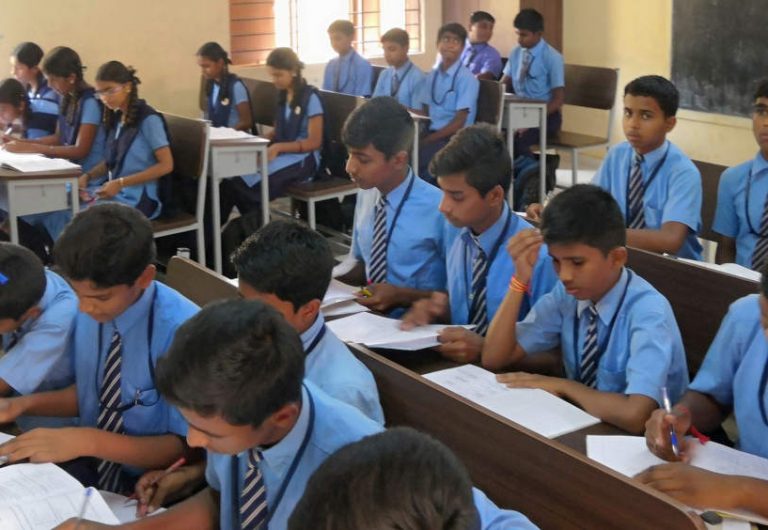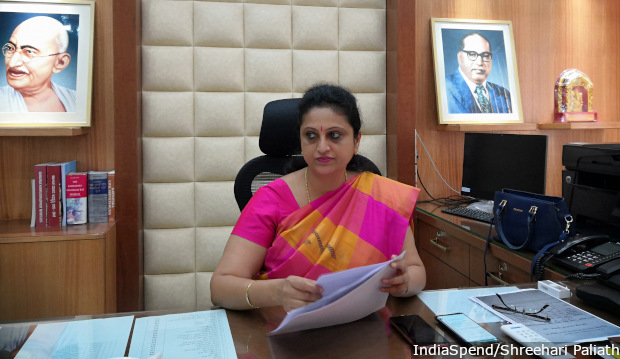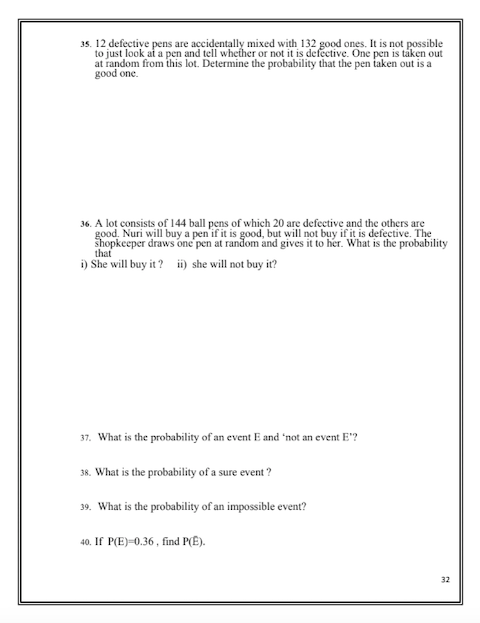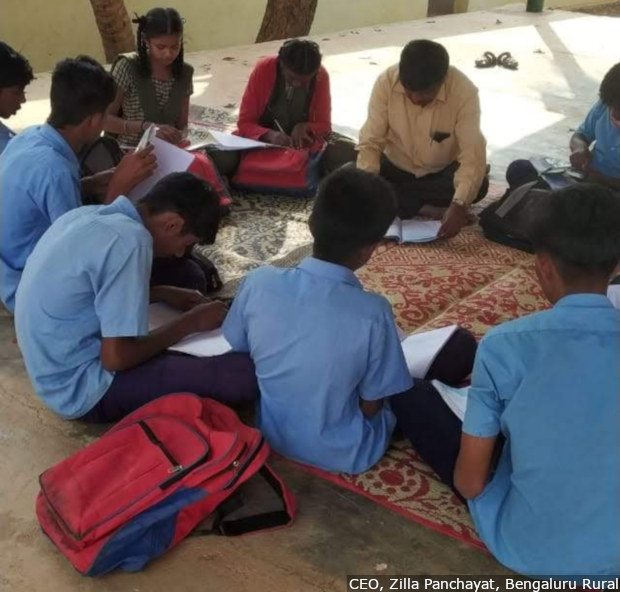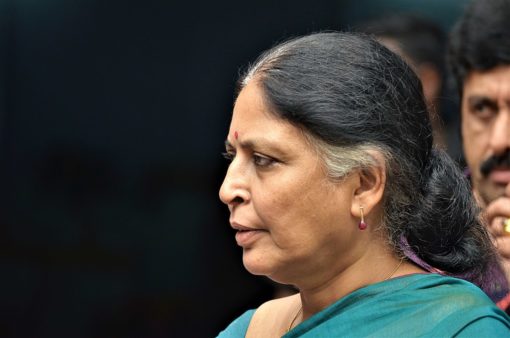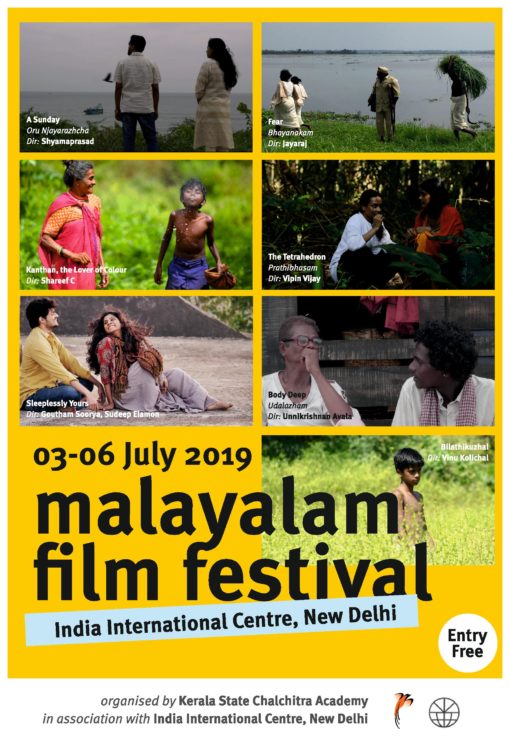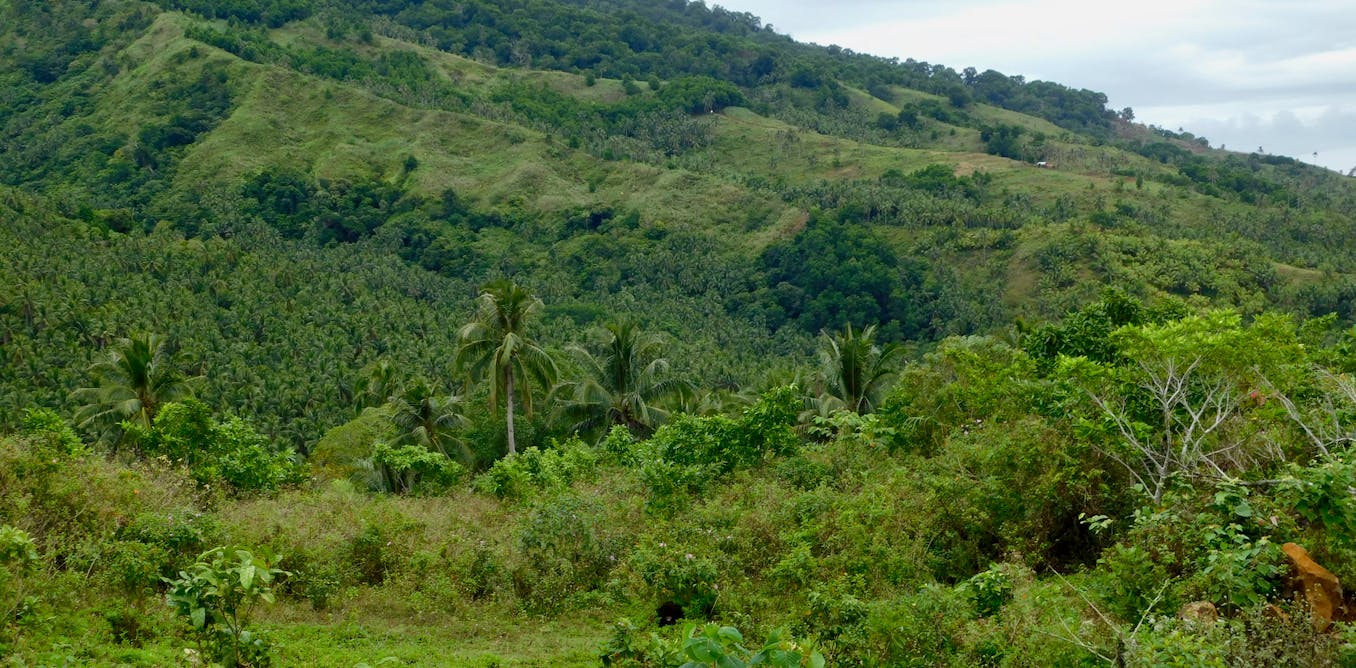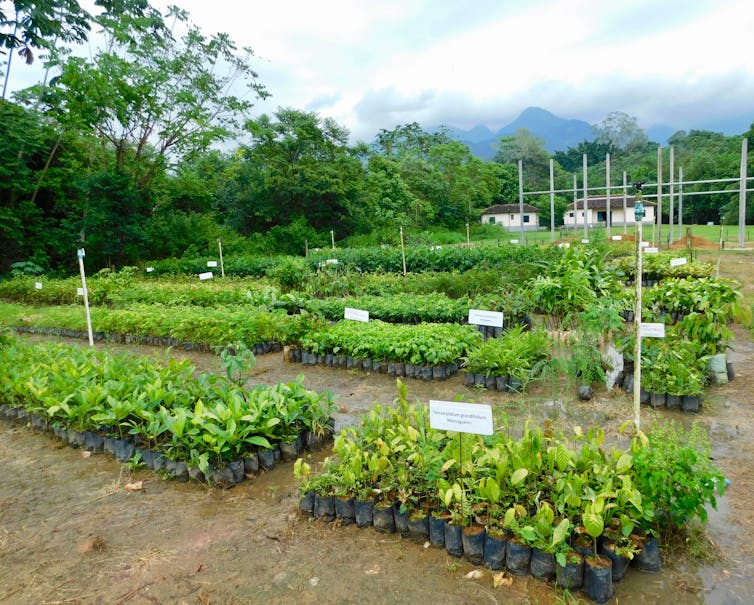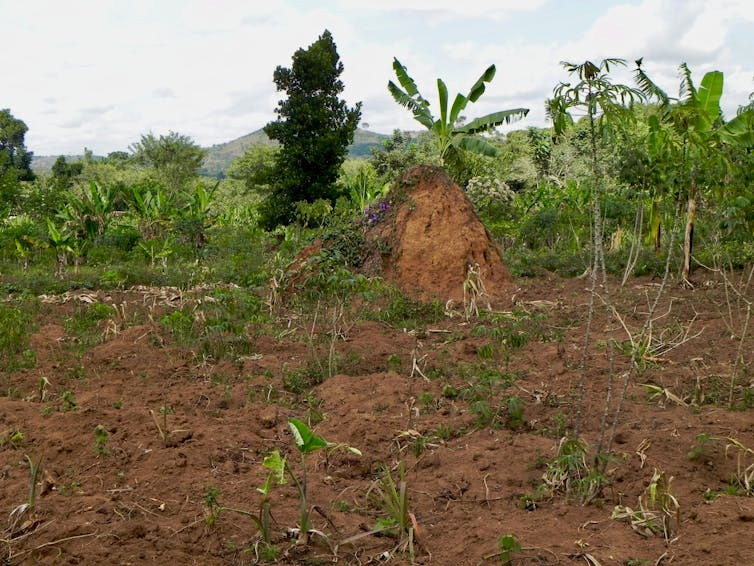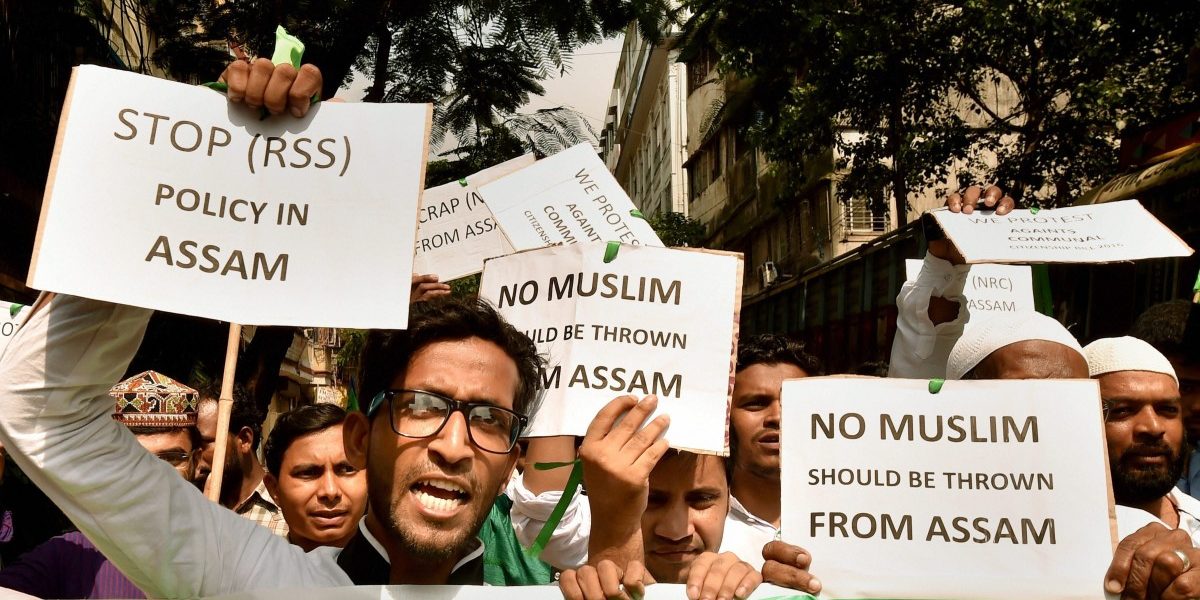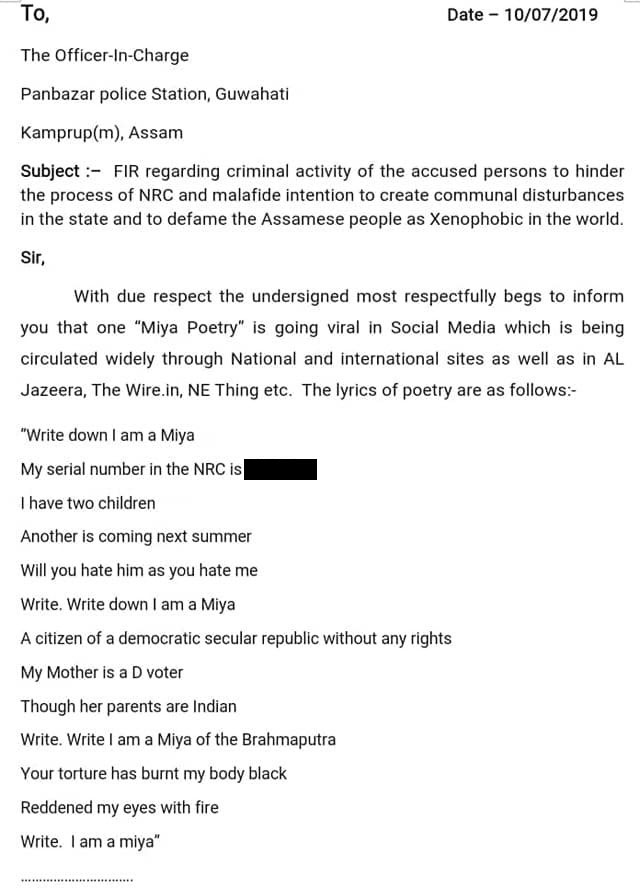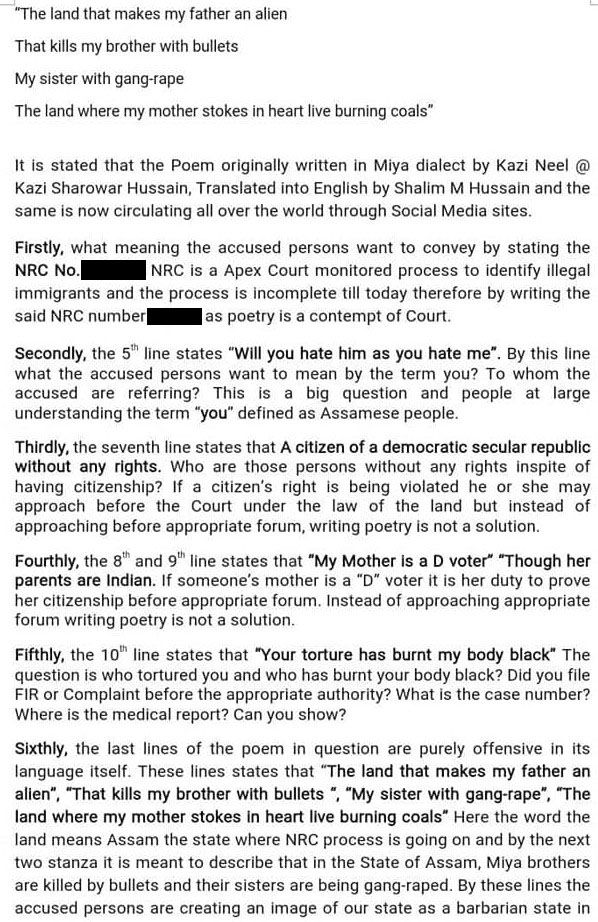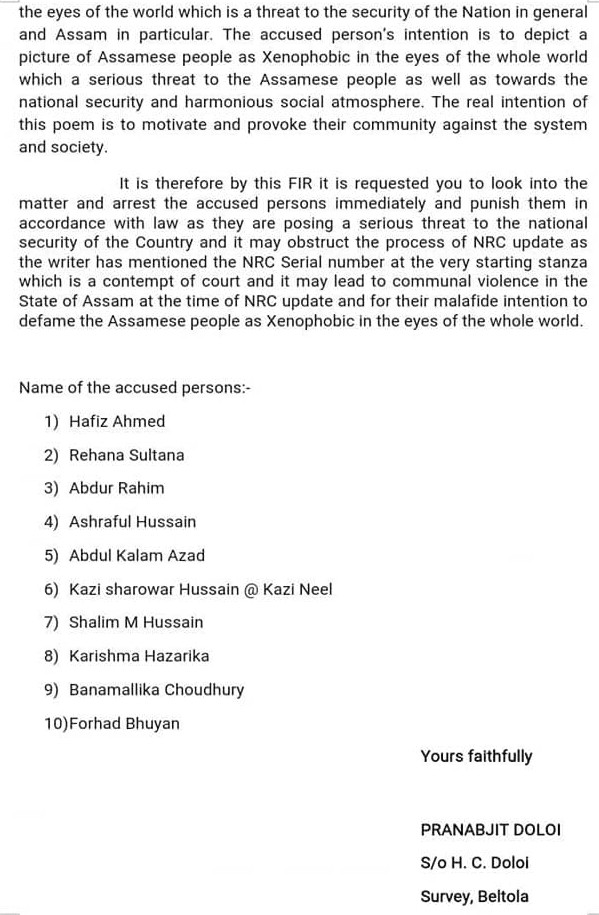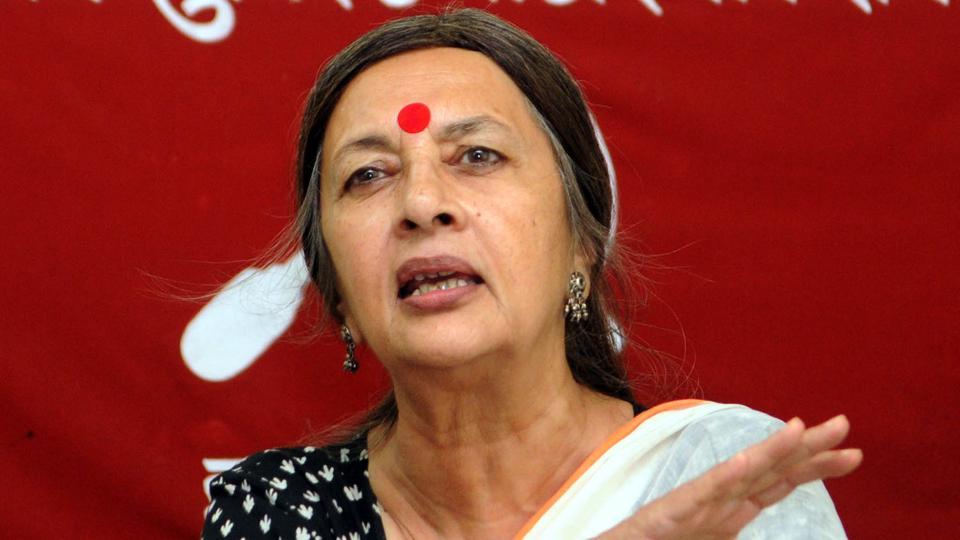While the views of the Office of the United Nations High Commissioner for Human Rights (OHCHR) on alleged human rights violations in Jammu & Kashmir are well-known, and have been widely published, OHCHR has forcefully criticized human rights violations in Pakistan-occupied Kashmir (PoK), which the UN body refers to as Pakistan-Administered Kashmir. Excerpts from the OHCHR’s latest report:
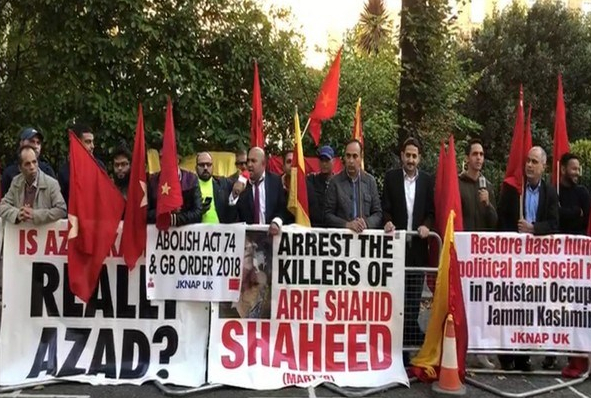
Pakistan-Administered Kashmir* comprises two administrative regions: Azad Jammu and Kashmir* (AJK) and Gilgit-Baltistan (G-B). In the June 2018 report, OHCHR noted that, the human rights violations in Pakistan-Administered Kashmir are of a different calibre or magnitude and of a more structural nature than those in Indian-Administered Kashmir. OHCHR made several recommendations to the Pakistani authorities to address these issues. In its response to OHCHR’s observations in the June 2018 report, the Government of Pakistan maintained that the constitutional and legal structures of Azad Jammu and Kashmir and Gilgit-Baltistan adequately protect the rights of its citizens. However, OHCHR’s monitoring and analysis found that these concerns remain. Both regions introduced constitutional changes, but failed to address the main elements that restrict the full enjoyment of all human rights for people living in these regions.
The Azad Jammu and Kashmir Legislative Assembly passed the 13th amendment to its Interim Constitution on 2 June 2018 altering the Kashmir Council’s role to an advisory one. While Pakistani authorities said the amended Interim Constitution will “empower the AJK legislative assembly”, India protested the move. Azad Jammu and Kashmir political leaders suggested that by changing the role of the Kashmir Council to an advisory body, more powers had been shifted to the Azad Jammu and Kashmir Legislative Assembly and the Government of Azad Jammu and Kashmir. The Kashmir Council, dominated by Pakistani federal authorities, was vested with wide-ranging powers, including the authority to appoint and dismiss judges of the superior courts in Azad Jammu and Kashmir and to appoint the Chief Election Commissioner. However, the 13th amendment actually transferred the Kashmir Council’s powers to the Prime Minister of Pakistan.
On 22 May 2018, the Government of Gilgit-Baltistan promulgated the Government of Gilgit-Baltistan Order 2018 to replace the Gilgit-Baltistan (Empowerment and Self-Governance) Order 2009. The promulgation was met with widespread protests in Gilgit-Baltistan including by mainstream political parties, pro-independence groups and civil society organizations with demands for full democratic rights and representation. On 20 June 2018, the Supreme Appellate Court of Gilgit-Baltistan suspended the new order. On 17 January 2019, the Supreme Court of Pakistan restored the Gilgit-Baltistan Order 2018, warned Pakistani authorities against changing the status of Gilgit-Baltistan until a referendum was conducted and extended its own powers over the region. After the Supreme Court judgement, Pakistan’s Ministry of Kashmir Affairs and Gilgit-Baltistan introduced a new document titled Gilgit-Baltistan Governance Reforms, 2019. This document is identical to the Government of Gilgit-Baltistan Order 2018.
Unlike Azad Jammu and Kashmir and Indian-Administered Kashmir, Gilgit-Baltistan does not have a law that reserves the right to own land only to its permanent residents.
Pakistan’s National Commission for Human Rights does not have any jurisdiction over Azad Jammu and Kashmir, but exercises direct jurisdiction over Gilgit-Baltistan.
Restrictions on the rights to freedom of expression and association
In the June 2018 report, OHCHR highlighted that the Interim Constitution of Azad Jammu and Kashmir places several restrictions on anyone criticizing the region’s accession to Pakistan, in contravention of Pakistan’s commitments to uphold the rights to freedoms of expression and opinion, assembly and association. OHCHR recommended that Pakistani and Azad Jammu and Kashmir authorities bring these laws into compliance with international human rights standards. However, the amended Interim Constitution of 2018 has retained the clauses that directly contravene international human rights law. It explicitly continues to state, “[N]o person or political party in Azad Jammu and Kashmir shall be permitted to propagate against, or take part in activities prejudicial or detrimental to, the ideology of the State’s accession to Pakistan.”
Azad Jammu and Kashmir’s electoral law has not been amended, and it continues to disqualify anyone running for elected office who does not sign a declaration that says, “[I] have consented to the above nomination and that I am not subject to any disqualification for being, or being elected as a member of the Legislative Assembly and in particular I solemnly declare that I believe in the Ideology of Pakistan, the Ideology of State’s Accession to Pakistan and the integrity and sovereignty of Pakistan.”
Authorities in Gilgit-Baltistan also failed to amend similar provisions in the region’s governance rules that restrict the rights to freedoms of expression and opinion, assembly and association. The Government of Gilgit-Baltistan Order 2018 and the updated Gilgit-Baltistan Governance Reforms, 2019 retain the same language limiting freedom of association from the Gilgit-Baltistan Empowerment and Self-Governance Order 2009. The Gilgit-Baltistan Governance Reforms, 2019 states, “[N]o person or political party in the area comprising Gilgit-Baltistan shall propagate against, or take part in activities prejudicial or detrimental to the ideology of Pakistan.”
A prominent Pakistani NGO criticised the Government of Gilgit-Baltistan Order 2018 for failing to protect the fundamental freedoms of the people of Gilgit-Baltistan. The Human Rights Commission of Pakistan (HRCP) said, “[I]n claiming to grant the people of [Gilgit-Baltistan] their fundamental freedoms, the [Gilgit-Baltistan] Order has clipped their right to freedom of association and expression. It has denied any Gilgit-Baltistani the right to become a chief judge of the Supreme Appellate Court or to have any say in internal security. Above all, it has disregarded people’s needs despite continual public pressure in [Gilgit-Baltistan] to address their problems fairly and in accordance with local aspirations.”
After the Supreme Court of Pakistan restored the Government of Gilgit-Baltistan Order 2018 in January 2019, the HRCP called on Pakistan’s President to delay the enforcement of the order “pending necessary consultations with the people of Gilgit-Baltistan”. In a letter sent to Pakistan President Arif Alvi, the HRCP reiterated its earlier observation that “the Government of Gilgit-Baltistan Order 2018 was a step backwards as compared to the previous order issued in 2009, i.e. the Gilgit-Baltistan (Empowerment and Self-Governance) Order 2009. The democratically minded people of Gilgit-Baltistan have long been fighting for the recognition of their fundamental rights.”
Members of nationalist and pro-independence political parties claim that they regularly face threats, intimidation and even arrests for their political activities from local authorities or intelligence agencies. They said often threats are also directed at their family members including children. Such intense pressure has reportedly forced many to either flee Pakistan and continue their political activities in exile or stop them completely.
In November 2018, 19 activists of the Jammu and Kashmir Liberation Front were charged with “treason” for organising a rally in Kotli area of Azad Jammu and Kashmir. Protesters raised slogans that called on India and Pakistan to demilitarize and leave Kashmir. On 15 March 2019, 30 members of the Jammu Kashmir National Students Federation were arbitrarily detained by Pakistani law enforcement agencies while protesting at the Rawalpindi Press Club in Rawalpindi. The Jammu Kashmir National Students Federation members were reportedly demanding Kashmiri independence from Pakistan. They were held incommunicado before being released on 20 March 2019 after a court intervention. The Jammu Kashmir National Students Federation allege that the Pakistani authorities did not release their former president, Sardar Talah, who was also detained at the same venue on 15 March 2019 and have expressed concerns for his well-being.
While the 13th amendment has reportedly transferred most powers to the Azad Jammu and Kashmir Assembly, media owners in the region still have to obtain permission to publish from the Kashmir Council and the Ministry of Kashmir Affairs.
According to journalists working in Azad Jammu and Kashmir and Gilgit-Baltistan, media houses continue to practice self-censorship as a means of avoiding harassment from security agencies and not losing government advertisements, which are the main source of revenue. Journalists claim local administrators use the advertisement revenue as a “carrot and stick” policy with media owners in order to get favourable news published, reduce coverage of their political opponents and censor any criticism of Pakistan by political groups or civil society members.
Journalists in Pakistan-Administered Kashmir continue to face threats and harassment in the course of carrying out their professional duties. According to the Committee to Protect Journalists (CPJ), an anti-terrorism court in Gilgit-Baltistan sentenced journalist Shabbir Siham in absentia to 22 years in prison and fined him 500,000 Pakistani Rupees (USD 4,300) on charges of defamation, criminal intimidation, committing acts of terrorism, and absconding from court proceedings. Shabbir Siham was accused of “fabrication and extorting a regional minister in violation of Pakistan’s Anti-Terrorism Act, after he wrote an article for the Daily Times newspaper accusing legislators from Gilgit-Baltistan of involvement in human trafficking and prostitution.” Shabbir Siham told CPJ that he did not appear before the court due to security concerns.
On 21 November 2018, Gilgit-Baltistan authorities arrested journalist Muhammad Qasim Qasimi after he engaged in a verbal argument with a local police official. The newspaper that he worked for reported that he may have been arrested to prevent the publication of his story on a corruption scandal in the local government. According to CPJ, Qasimi has been charged with “criminal intimidation, intentional insult with intent to provoke breach of peace, defamation, threat of injury to public servant, and obstructing a public servant in discharge of public functions.”
According to the International Crisis Group (ICG), Pakistani intelligence officials have also warned journalists in Gilgit-Baltistan against criticising the China-Pakistan Economic Corridor projects.
Business and human rights
Several major projects have been proposed in Gilgit-Baltistan under the China-Pakistan Economic Corridor (CPEC), which is seen as a major infrastructure development boost for the region. While CPEC has raised expectations of bringing development to an impoverished region, civil society groups say the initial optimism has been replaced by disappointment and a sense of outrage.
According to ICG, the people of Gilgit-Baltistan are resentful because they feel CPEC projects were “designed and implemented without their input” and “will be of little benefit to them”. Environmental activists and local communities have also raised concerns about the ecological impact of largescale infrastructure projects. Locals believe most CPEC jobs would go to outsiders from Pakistani provinces and they fear this “could also affect Gilgit-Baltistan’s delicate Sunni-Shia demographic balance.” ICG concludes, “the state’s response to local dissent and alienation has been an overbearing security presence, marked by army checkpoints, intimidation and harassment of local residents, and crackdowns on anti-CPEC protest.”
The fashion in which the CPEC projects are being implemented raises issues in relation to the enjoyment of rights enshrined in the International Covenant on Civil and Political Rights and the International Covenant on Economic, Social and Cultural Rights, to which Pakistan is State party. In addition, according to the United Nations Guiding Principles on Business and Human Rights, “business enterprises have an independent responsibility to respect human rights and that in order to do so they are required to exercise human rights due diligence.”
It defines human rights due diligence as “processes that all business enterprises should undertake to identify, prevent, mitigate and account for how they address potential and actual impacts on human rights caused by or contributed to through their own activities, or directly linked to their operations, products or services by their business relationships.” The first pillar of the Guiding Principles highlights the state’s duty to protect against “human rights abuse within their territory and/or jurisdiction by third parties, including business enterprises.” This, the Guiding Principles say, requires taking appropriate steps to prevent, investigate, punish and redress such abuse through effective policies, legislation, regulations and adjudication.
A key concern in both Azad Jammu and Kashmir and Gilgit-Baltistan is that the local communities do not control natural resources of the territories as these are controlled by Pakistani federal agencies.Political leaders and activists feel their natural resources are exploited for the benefit of Pakistan while the people of Azad Jammu and Kashmir and Gilgit-Baltistan continue to remain largely impoverished.
Impact of counter-terrorism on human rights
Authorities in Gilgit-Baltistan continue to use the Anti-Terrorism Act 1997 (ATA) to target political activists, human rights defenders and student protesters. As noted in the June 2018 OHCHR report, the ATA is a Pakistani law misused by Gilgit-Baltistan authorities especially after the introduction of Pakistan’s National Action Plan for countering terrorism and extremism in December 2014. The report also indicated concerns raised by the Human Rights Committee and the Committee against Torture.
Prominent political activist Baba Jan and 11 other protesters who were prosecuted under ATA for their environmental activism in September 2011 are serving a prison sentence of 40 years and activists believe they have only narrow legal recourse available to challenge false charges against them.
Authorities in Gilgit-Baltistan frequently clamp down on any anti-CPEC dissent with the ATA and the 2016 cybercrimes law. Anyone who protests or criticises CPEC is termed as “anti-national and anti-people”. Moreover, authorities often accuse critics of being Indian spies in order to delegitimize their concerns and protests.
In a joint communication to the Government of Pakistan, a group of Special Procedures mandate holders observed, “[I]t appears that ATA has effectively created a parallel system of unique and exceptional procedures from arrest to custody, detention, prosecution, and sentencing of terrorism suspects by authorizing measures such as the denial of bail, enhanced police powers, arrest without warrant, and extended remand of suspects for up to 30 days, thereby increasing the risk of torture as a means of extracting confessions in police or other law-enforcement’s or security forces’ custody.”
Restrictions on the freedom of religion or belief
In the June 2018 report, OHCHR drew attention to the provision in Azad Jammu and Kashmir’s Interim Constitution that, similar to Pakistan’s Constitution, defines who is a real “Muslim” and uses this definition to discriminate against the minority Ahmadiyya community. The amended Interim Constitution of 2018 has made no changes to this discriminatory provision.
Human rights lawyers and activists informed OHCHR that Pakistan’s blasphemy provisions continue to be in force in Azad Jammu and Kashmir and Gilgit-Baltistan. These provisions have been criticized by several United Nations Treaty Bodies and Special Procedures mandate holders for violating a range of international human rights principles and emboldening instigation of violence against religious minorities.
Enforced or involuntary disappearances
OHCHR has received credible information of enforced disappearances of people from Pakistan-Administered Kashmir including those who were held in secret detention and those whose fate and whereabouts continue to remain unknown. The people subjected to enforced or involuntary disappearances included men working with Pakistani security forces or those who were allegedly previously associated with armed groups that operate in Indian-Administered Kashmir. Some cases of alleged enforced disappearances have also been reported from areas close to the Line of Control that are under the control of Pakistani armed forces.
In almost all cases brought to OHCHR’s attention, victim groups allege that Pakistani intelligence agencies were responsible for the disappearances. There are fears that people subjected to enforced disappearances from Pakistan-Administered Kashmir may have been detained in any of the military-run internment centers in Pakistan.
The Human Rights Committee has stated that although the ICCPR does not explicitly use the term “enforced disappearance” as such, enforced disappearance constitutes a unique and integrated series of acts that represent continuing violation of various rights recognized in the Covenant, including right to life and the prohibition of torture or cruel, inhuman or degrading treatment or punishment.
In April 2017, the Committee against Torture expressed concern at “very broad powers given to the Army to detain people suspected of involvement in terrorist activities without charge or judicial supervision in internment centres under the Actions (in Aid of Civil Power) Regulation, 2011 (arts. 2 and 15).” It recommended Pakistan “[r]epeal or amend the Actions (in Aid of Civil Power) Regulation, 2011 in order to remove the power of the military to establish internment centres” and “ensure that no one is held in secret or incommunicado detention anywhere in the territory of the State party, as detaining individuals in such conditions constitutes per se a violation of the Convention.”
The Human Rights Committee has also expressed these internment centres and the “allegedly high number of persons held in secret detention under the Regulation (Actions (in Aid of Civil Power) Regulation, 2011)”. The Committee welcomed the establishment of Pakistan’s Commission of Inquiry on Enforced Disappearances and expressed concerns about “the insufficient power and resources allocated to the Commission; the non-compliance with the Commission’s orders by the relevant authorities; and the high number of cases brought before the Commission that remain unresolved, with no criminal proceedings brought against perpetrators (arts. 2, 6, 7, 9, 14 and 16).”
In May 2018, the Government of Pakistan advised the Supreme Court of Pakistan that 1, people were being held in various internment camps and that it required more time to furnish the Court with details of the legal proceedings against them.
OHCHR has been informed that there are likely several other cases of enforced or involuntary disappearances in Pakistan-Administered Kashmir but they do not get reported like in rest of Pakistan due to the lack of independent media or independent human rights groups working in these areas.
The United Nations Working Group on Enforced or Involuntary Disappearances has received at least one case of a Pakistani national disappeared from Azad Jammu and Kashmir and a permanent resident of Gilgit-Baltistan disappeared from Pakistan.
—
*Counterview.Org does not endorse the use of “Pakistan-Administered Kashmir” and “Azad Jammu and Kashmir” by OHCHR to identify Pakistan-Occupied Kashmir (PoK). It believes that the entire PoK, including Gilgit-Baltistan, is under illegal Pakistani occupation, and is inalienable part of India
Courtesy: https://counterview.org/

